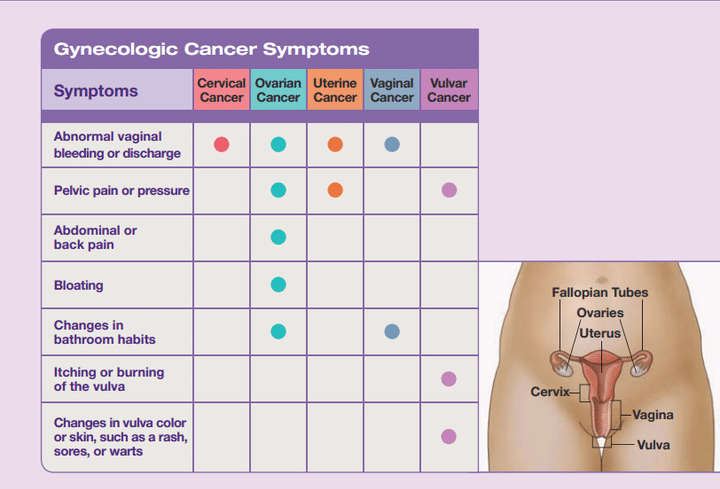Get the App
For Doctors
Login/Sign-up
Last Updated: Aug 29, 2019
BookMark
Report
Cervical Cancer Prevention & Early Detection
Dr. Jay Singh KshatriGeneral Physician • 13 Years Exp.PG Diploma in Geriatric Medicine, MD - Community Medicine (pgt), Certificate in Infectious diseases, MBBS
Cervical cancer is a preventable disease and, if detected early, a cancer that can be successfully treated. Below are ways to prevent cervical cancer and detect the disease early.
Cervical Cancer Prevention
Avoid infection with HPV by practicing safer sex.
(Condoms can’t give complete protection against HPV because the virus can infect areas that aren’t covered by a condom.)
Don’t smoke, or, if you do smoke, quit.
Cervical Cancer Early Detection
All women should begin cervical cancer testing at age 21. Women aged 21 to 29 should receive a Pap test every 3 years. HPV testing should not be used for screening in this age group unless used as a follow-up for an abnormal Pap test.
Women between the ages of 30 and 65 should have a Pap test plus an HPV test every 5 years. This is the preferred approach, but it is also OK to have a Pap test alone every 3 years.
Women at high risk, exposed to DES before birth or with a weakened immune system may need to be screened more often.
Talk with your health care professional about the HPV vaccine.
The HPV vaccine protects against the types of HPV that are most likely to cause cancer. It’s most effective if a person is vaccinated before becoming sexually active. The vaccine is recommended for girls who are age 11 to 12. Girls may also be vaccinated at age 9 or 10. Girls may get a “catch-up” vaccine up to age 18. Young women age 19 to 26 who have never been vaccinated may also get the vaccine.
Women over age 65 who have had regular cervical cancer testing with normal results should not be tested for cervical cancer. Women with a history of serious cervical pre-cancer should continue to be tested for at least 20 years after that diagnosis, even if testing continues past age 65.
Women who have had a hysterectomy should stop screening unless the surgery was done as a treatment for cervical cancer or pre-cancer. Women who have had a hysterectomy that left behind the cervix should continue to follow the guidelines above.
- do consult for further info on HPV vaccine



+1.svg)
